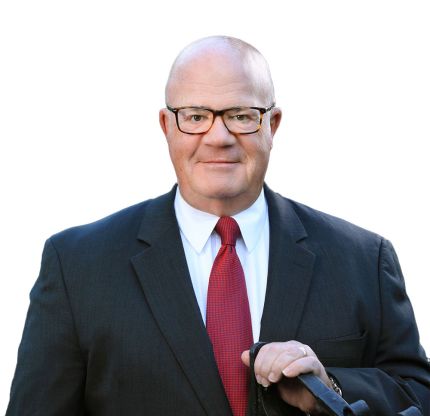
Funeral Service: The Race To The Bottom… is that a “Blue Ocean” I see?
Race To The Bottom is more than just a phrase, it is a political theory and Funeral Service seems to have embraced it with vigor. Before I get into the theory it is good to be reminded that “whenever everyone is doing it, a blue ocean appears where no one is.” “Blue Oceans”, as opposed to “Red Oceans”, are those segments or strategies where there are fewer or no competitors.
Personally, I would rather have a smaller financially strong business that stands for values that appeal to a market with the desire and ability to pay than have a financially stressed larger business trying to be all things to all people.
Basically, racing to the bottom involves ignoring the common good for what appears to be the individual benefit. Discount funerals and cremation, of course, is where this happens most often. It is not in the interest of the common good to undercut prices but it is often seen as an individual benefit to increase market share. “Oh well, we may be losing money. But we’ll make it up in volume!?!” The Blue Ocean here is to step back and observe the collective behavior of our profession:
Did you ever notice how funeral directors will move heaven and earth, spend precious limited resources and fixate on attracting the lowest economic element of the market? At the same time virtually ignoring the more lucrative market. Yes, the low end is growing and relatively easy picking. The price proposition is easy for consumers to understand and practitioners to execute. But would the low end be growing as fast if we didn’t ignore the top end? In spite of the discouraging trends, the majority of consumers are still buying funerals…at least for now. What would happen if one were to reallocate low end resources and focus on attracting more high end?
In effect, the race to the bottom is an attempt to serve everyone. Everyone knows you can’t be all things to all people. But our behavior indicates we don’t really believe it. My friend Steve McKee (see featured video at upper right) says differently. He observes that when we narrow our focus we broaden our market. In other words we attract not only our target market but the markets around them.
The Ritz Carlton strives to turn the top 5% of the travel market into 80% repeat customers. In the process they have set the standard to which others aspire. They get their target and probably the next two tiers. Their price point is lucrative, the ability to target their structure and audience enables them to be more effective as well as more efficient. And, I suggest their decision to stop chasing nickels and dimes gives them more satisfaction.
But here is the real power of their strategy: by choosing to narrow their focus they have made a conscious and deliberate decision to ignore the 95% outside their target…no Ritz Carlton Lite or Ritz Carlton Express. That takes enormous courage and discipline.
Funeral Service’ penchant for “stepping over dollars to pick up nickels” has never made sense to me. I hear more and more about dysfunctional families and how they no longer care as much about “mom” or “dad”. In response we spend time, resources and emotional energy on that segment of the market that truly doesn’t care about themselves, their family or their friends: the bottom. I guess we hope to somehow convert them…convince them of the “error of their ways.” Taken to the extreme we invest well over six figures chasing after the pennies of pet services.
For me the Blue Ocean is with those people who still like their families, have communities of friends, value and esteem life, have a faith. These seem to be the folks who understand and appreciate how funerals contribute to society in general and them individually. Operating a legitimate funeral business is expensive. Why squander that investment on cynical people who don’t care about their family, their friends or themselves?
If I were you I would seek to understand this functional (as opposed to dysfunctional) market intimately. I would market to them specifically. Not by building monumental buildings and purchasing elaborate livery but by appealing to their value systems and learning better how they wish to express themselves.
I have said before that I believe we are beginning to overserve our market. Our reaction to the changes we have experienced has been to work harder, do more and increase our overhead. I think it might be simpler than that. Unfortunately, it is here that conventional market research (in particular that which has been done by those with dogs in the hunt) fails us. Without credible information about the true key emotional drivers we default to that which we think we know but really don’t.
The Funeral Service Foundation is considering that first unconventional approach to consumer research. The ZMET project is designed to uncover the specific emotional drivers and translate them into the words and visuals that will have impact. Click here to learn more about ZMET.
In the meantime, take a look at your marketing strategy. Are you chasing after pennies and nickels or after real dollars. According to Steve McKee if you narrow your focus you broaden your market.
Our Blogging Expert

Business Consultant / Owner
Popular Articles
